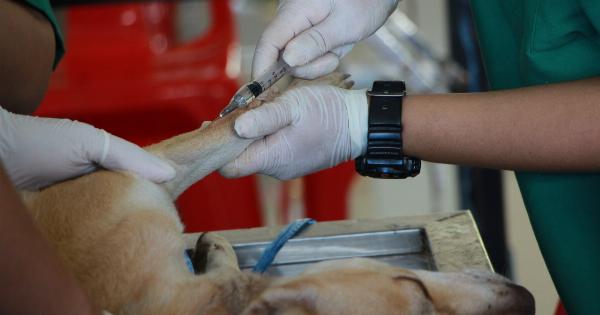When somebody passes away, the coroner is usually called to investigate the cause of death and issue a death certificate. However, it is less common for people to think about seeing a coroner when they are still alive.
In fact, many people are not even familiar with what a coroner does outside of handling deaths. But, there are situations when seeing a coroner may be beneficial or necessary, especially if you have lingering symptoms long after your recovery.
What is a Coroner?
A coroner is an official who is responsible for investigating and determining the cause of death when an individual dies unexpectedly or under suspicious circumstances.
In the United States, the role of coroner varies by state and may be an elected or appointed position. The coroner usually works with law enforcement and medical professionals to perform autopsies, collect evidence, and issue death certificates.
Do You Need to See a Coroner?
If you have been ill or injured and are experiencing lingering symptoms, you may want to see a coroner. While they are not medical professionals, they can examine your body and investigate the cause of your symptoms.
This can be especially important in cases where your illness or injury may have been caused by external factors, such as exposure to toxins or a traumatic event.
If you believe that your illness or injury is work-related, you may need to see a coroner to verify your claim. The coroner can determine whether your injury or illness was caused by your job, which can be important for workers’ compensation claims.
What Will Happen When You See a Coroner?
When you see a coroner, they will first ask you about your symptoms and medical history. They may also perform a physical exam to look for signs of injury or illness.
If they suspect that your symptoms may have been caused by external factors, such as exposure to toxins, they may order tests or refer you to a specialist for further evaluation.
If the coroner determines that your illness or injury was not caused by your job or an external factor, they will likely refer you back to your primary care physician for further evaluation and treatment.
However, if they discover that your symptoms were caused by something that was not immediately apparent, such as a genetic condition or exposure to a hazardous substance, they may issue a report that can be used to pursue legal action or seek compensation.
When Should You See a Coroner?
If you have lingering symptoms that have not been diagnosed or treated by your primary care physician, you may want to consult a coroner.
This is especially true if you suspect that your illness or injury may have been caused by external factors, such as exposure to toxins or traumatic events.
If you have filed a workers’ compensation claim and your employer or insurance company is denying your claim, you may need to see a coroner to verify that your illness or injury is indeed work-related.
The coroner’s report can be used as evidence in your claim.
What Can You Do if You think You Need to See a Coroner?
If you think you need to see a coroner, contact your state or local coroner’s office. They can provide you with information about their services and help you determine whether seeing a coroner is appropriate for your situation.
You can also consult with an attorney who specializes in workers’ compensation claims to find out if seeing a coroner can help you pursue your claim.
Conclusion
While the role of the coroner is often associated with death, their services can be valuable when investigating lingering symptoms post-recovery.
If you have an illness or injury that has not been diagnosed or treated, or if you believe that your symptoms may have been caused by external factors, you may want to consult with a coroner. The coroner’s report can provide valuable evidence for pursuing legal action or seeking compensation.


























